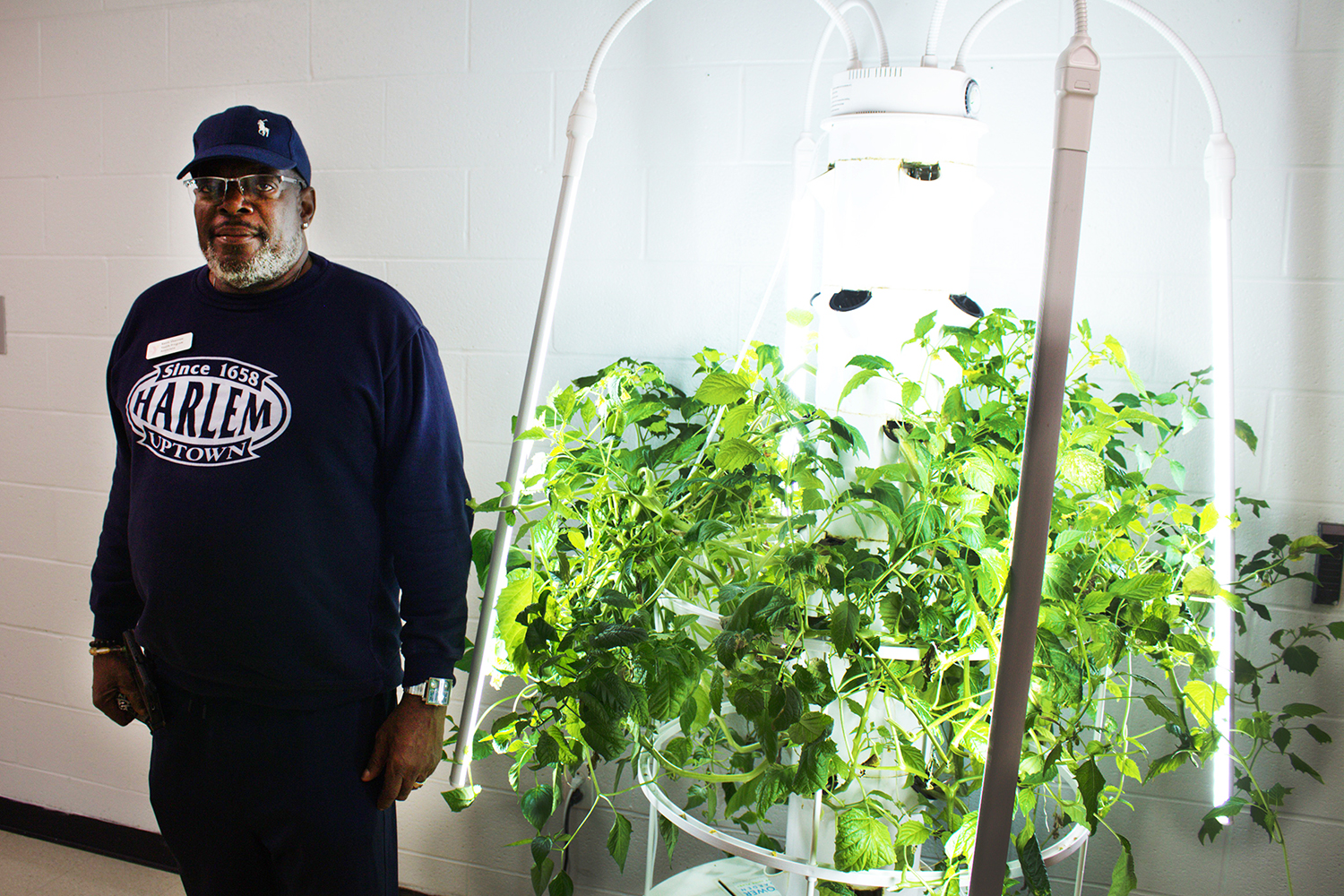
Shiva Kotha, an assistant professor of mechanical engineering, has won a coveted five-year, $430,000 NSF Early Career Development (CAREER) Award to support his research on strategies for improving the body’s ability to repair damaged bone.
Kotha, who is also affiliated with the biomedical engineering program, is the 22nd UConn engineering faculty member to receive the CAREER Award since 1996, including 10 since 2007.
Kotha is exploring the effects of three distinct mechanisms: changes in whole bone structure by a process known as modeling; replacement of damaged tissue with newly formed intact tissue by a process termed remodeling; and repair by osteocytes – cells embedded in the bone that may play a role in coordinating the skeleton’s adaptive responses. His hypothesis is that these three mechanisms improve the mechanical properties of damaged bone at varying scales and over progressively longer periods.
To test this hypothesis, Kotha will damage animal bone using mechanical loading techniques and then monitor the repair process. Working with bones excised at different days after damage, he will use the synchrotron computed tomography (CT) equipment at Argonne National Laboratory to obtain X-ray computed tomography images with and without load.
“This will allow us to determine strains in bone and to ascribe the role of damage repair mechanisms,” he says.
Kotha says his research team will employ an image correlation technique originally developed for the conversion of two-dimensional images, to determine strains within the three-dimensional bone. This particular application is novel and will underlie his development of analytical and computational models, which he will validate experimentally to analyze the relative importance of the three distinct repair mechanisms.
He hopes to derive a fundamental understanding of the hierarchies of bone repair at different length and time-scales, with the objective of providing another cellular repair mechanism that can be targeted by pharmaceuticals to reduce fracture risk.
The work builds upon his previous research on osteoporosis. The focus of one investigation involved determining the optimal dosage of a pharmacological agent – the salt, lithium chloride – that interacts synergistically with mechanical loading to activate bone formation at sites of peak mechanical stresses. Kotha says failure to enhance bone formation at these sites can result in bone fractures.
The research is important in building a foundation for regulation of bone mass by mechanical loading and in evaluating molecular pathways to reduce fracture risk.
As an important facet of his research, Kotha will develop new coursework not only for undergraduate biomedical engineering students but also for K-12 students and high school teachers.
Before joining UConn, Kotha was an assistant professor of dentistry at the University of Missouri at Kansas City. He earned his Ph.D. in biomedical engineering from Rutgers University and the University of Medicine and Dentistry of New Jersey in 2000. He conducted post-doctoral research in aerospace/mechanical engineering at the University of Notre Dame, and in orthopaedic surgery at Washington University in St. Louis, Mo.


